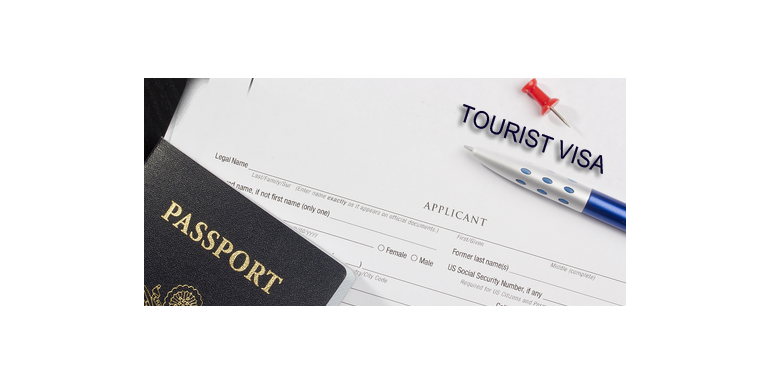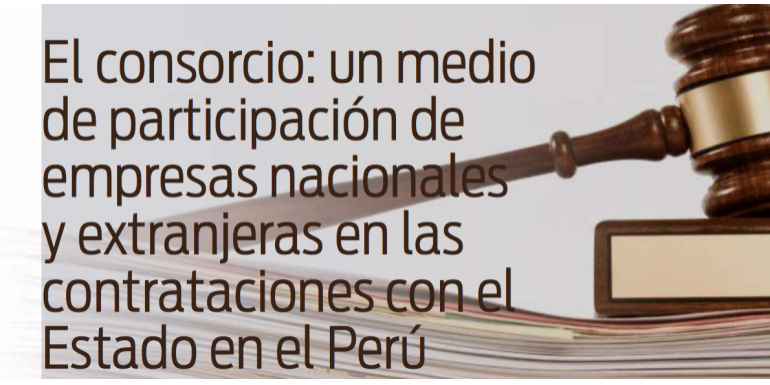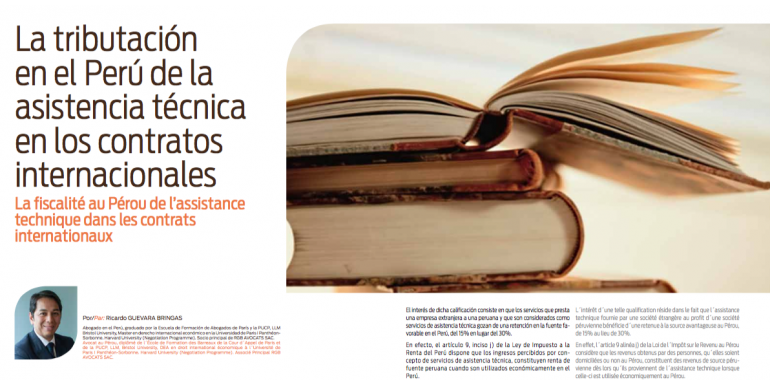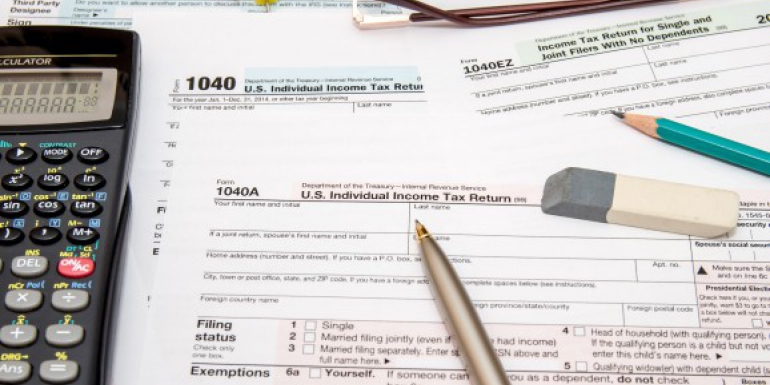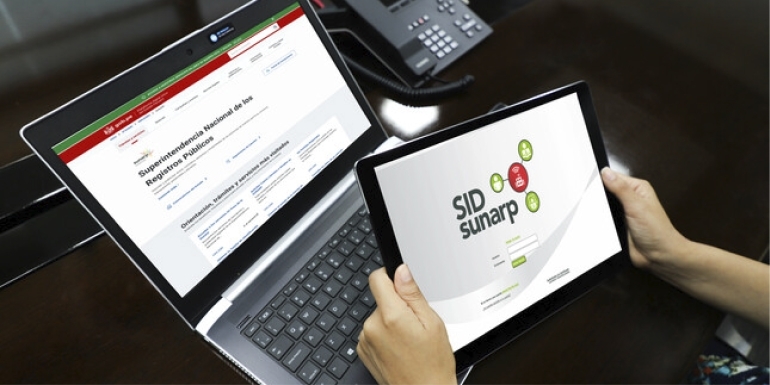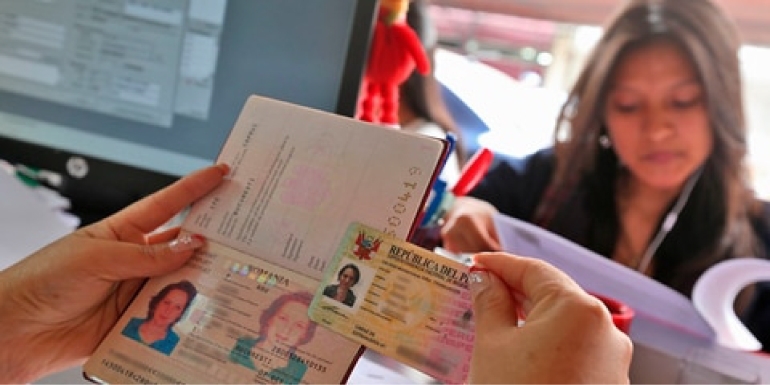It is not an uncommon surprise, for foreigners leaving Peru, to learn from migratory authorities that they should have paid income tax in Peru, so forewarned is forearmed. That being said, let’s look at some of the “how’s” and “why’s” of tax legislation in Peru that foreign residents need to be aware of.
Expatriates – like any other local people – must pay income tax for revenues they earn in Peru, which are referred to as renta de fuente peruana. The notion of renta de fuente peruana, or income from Peruvian sources, is very broad. Indeed, such notion includes different types of revenue ranging from incomes generated by real estate located in Peru, commercial or civil activities developed in Peru, to Internet services provided abroad to clients who use such services in Peru.
In addition, in the event that the expatriate is domiciled in Peru, he or she must not only pay for incomes from Peruvian sources, but also for income generated anywhere in the world. For instance, an American citizen considered by the Peruvian Tax Authority (SUNAT) to be domiciled in Peru, will have to pay income tax even for incomes produced by real estate properties located in the US. Furthermore, note that when an expatriate carries out work in Peru for a company registered off-shore, he or she is obliged to pay income tax in Peru.
According to Peruvian legislation, revenues are divided into the following categories:
1st category revenues: e.g. income produced by rental lease agreements.
2nd category revenues: e.g. capital gains.
3rd category revenues: e.g. income produced by commercial and industrial activities.
4th category: e.g. income produced by independent professionals.
5th category: e.g. income produced by employees.
Generally speaking, 1st, 2nd, 4th and 5th of the above mentioned categories refer to income produced by individuals who do not act as entrepreneurs. The 3rd category refers to income produced by companies and individuals acting as entrepreneurs.
In the 3rd category, a 29.50% income tax is applied to net revenues.
Regarding revenues of the 4th and 5th categories, it should be noted that these are subject to a progressive tax rate, applied to the amount of the global net revenue earned during a calendar year. Before this rate is applied to both categories, however, taxpayers must first deduct 7 UIT (around USD 8,437) from their annual revenue. Additionally, taxpayers may deduct up to 3 UIT (around USD 3,600) from their annual revenue, for certain expenses, before applying the tax rate. In addition revenues of the 4th category benefit from a 20% deduction up to 24 UIT (around USD 29,000.
The progressive tax rate applied to the 4th and 5th category of income is as follows:
- For the first 7 UIT: 0.
- Up to 5 UIT: 8%
- Greater than 5 UIT and up to 20 UIT: 14%
- Greater than 20 UIT and up to 35 UIT: 17%
- Greater than 35 UIT and up to 45 UIT: 20%
- Greater than 45 UIT: 30%
“UIT” stands for “Unidad Impositiva Tributaria”: a fixed amount of money imposed by the government in order to handle payments for taxation purposes, fines, and other payments. The value of the UIT is updated every year, as such the UIT for 2017 amounts to S/ 4,050 (around USD 1,200).
Note that the above mentioned rates only apply to taxpayers domiciled in Peru. If the taxpayer is a natural person not domiciled in Peru, the following rates will apply:
- 30% for the 5th category
- 24 % for the 4th category and 15% for artists.
- 5% for the 1st category.
- 5% for real estate capital gains and dividends.
According to Peruvian regulation, expatriates are considered to be domiciled in Peru if they stay more than 183 days within a period of 12 months.
Note that the effects of “domiciliation” begin to apply the year after the above mentioned requirements have been fulfilled. Consequently, the sooner in a calendar year a foreign employee arrives in Peru, the better chances he or she has to be considered as being domiciled in Peru from a tax viewpoint.





